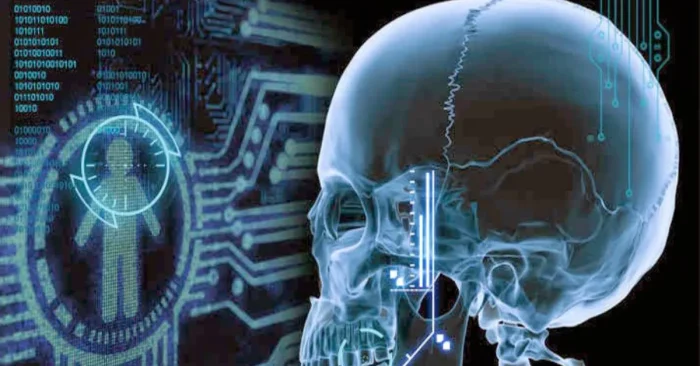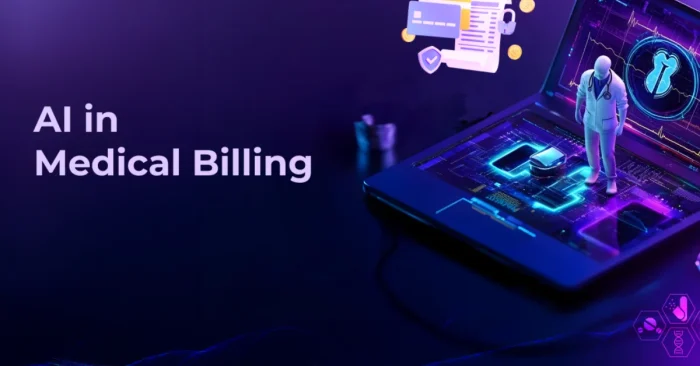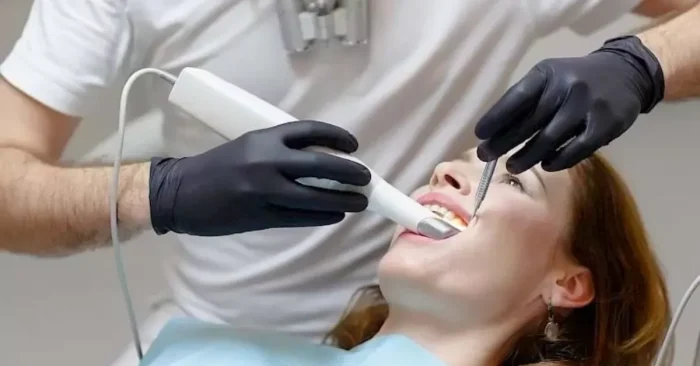AI Tools for Forensic Medicine Unique Applications
Artificial Intelligence (AI) is rapidly transforming various sectors of healthcare and law enforcement, and forensic medicine is no exception. AI tools are providing forensic experts with advanced capabilities to analyze evidence, predict outcomes, and improve accuracy in criminal investigations. These tools are not only reducing the time needed for complex tasks but also enhancing the reliability of forensic findings. In this guide, we will explore in detail the unique applications of AI tools in forensic medicine, their benefits, challenges, and future potential.
Understanding AI in Forensic Medicine
Forensic medicine involves applying medical knowledge to legal cases, often focusing on identifying causes of injury or death. Traditionally, forensic experts relied on manual examination and laboratory tests. However, AI is now augmenting these processes by offering advanced solutions in image recognition, pattern detection, predictive analysis, and data correlation.
AI in Autopsy Analysis
AI-powered virtual autopsy tools help forensic experts conduct non-invasive investigations. These tools use imaging technologies like MRI and CT scans, combined with AI algorithms, to detect abnormalities, injuries, or signs of disease that could indicate a cause of death.
Pattern Recognition in DNA Analysis
DNA testing is one of the cornerstones of forensic medicine. AI tools can process complex genetic data much faster than traditional methods, identifying patterns and matches that may otherwise go unnoticed. This speeds up criminal investigations and improves accuracy in identifying suspects.
Facial Recognition for Identification
AI-based facial recognition tools are increasingly being used in forensic investigations. These systems analyze facial features in images and videos, cross-referencing them with large databases to identify individuals. This application is especially useful in missing persons cases or criminal identification.
Voice and Speech Analysis
AI can analyze voice patterns and speech recordings to identify speakers or detect emotional states. Forensic experts use these tools in criminal cases where audio evidence is available, such as ransom calls, surveillance recordings, or witness testimonies.
Predictive Analysis in Criminal Behavior
Some AI forensic tools are designed to predict possible criminal behavior by analyzing historical crime data and behavioral patterns. While still developing, this approach could one day support preventive policing and legal strategies.
Medical Imaging Enhancement
Forensic pathologists often rely on medical imaging to examine evidence. AI enhances image clarity, detects hidden details, and highlights subtle indicators that human experts might miss. This improves both speed and accuracy in forensic diagnostics.
Bloodstain Pattern Analysis
AI algorithms can study bloodstain patterns to reconstruct crime scenes. By analyzing the direction, distribution, and shape of bloodstains, AI provides valuable insights into the sequence of events leading to injury or death.
Fraud and Document Verification
Beyond physical evidence, AI tools also assist in forensic document analysis. They can verify handwriting, signatures, and detect forgery with high precision, making them indispensable in fraud-related investigations.
Future Potential of AI in Forensic Medicine
The future of AI in forensic medicine looks promising, with advancements expected in predictive analytics, automation, and cross-disciplinary collaboration. Integration with big data and machine learning will allow forensic experts to process vast amounts of information quickly and with greater accuracy. However, ethical considerations, such as privacy, data security, and bias, will need to be addressed.
FAQs on AI Tools for Forensic Medicine
1, How is AI changing forensic medicine?
AI is streamlining forensic processes, improving the accuracy of evidence analysis, and enabling non-invasive investigation techniques like virtual autopsies.
2. Are AI tools reliable in court cases?
Yes, when properly validated, AI tools can provide highly reliable results. However, they are often used in combination with traditional forensic methods to ensure accuracy.
3. What challenges do AI forensic tools face?
Challenges include high implementation costs, the need for expert training, data privacy concerns, and ensuring algorithms remain unbiased in legal contexts.
4. Will AI replace forensic experts?
No, AI will not replace forensic experts but will serve as a powerful support system. Human expertise is still essential for interpretation, ethical judgment, and courtroom testimony.
AI tools are revolutionizing forensic medicine, making investigations faster, more accurate, and more reliable. By combining technology with human expertise, forensic science is entering a new era of precision and efficiency.






